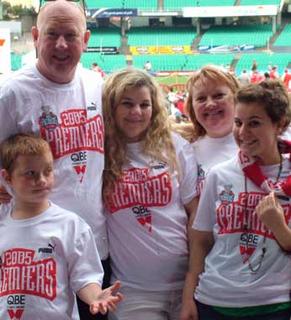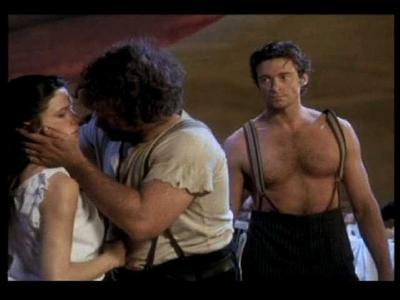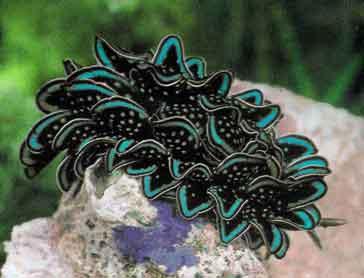This weekend I took a detour off my current reading list to re-read an old favourite: Jane Austen's
Emma. I was inspired to read it by a newspaper article discussing whether Jane Austen is nineteenth-century "chick lit" or a real classic author(ess), but it took me this long to find my copy of the book.
I love Emma best of all Jane Austen's heroines, mostly because it is easy for me to relate to her with all her flaws. She is clever and pretty but she can be thoughtless and selfish, just like me when I was 21 (and 31, and possibly when I am 41...). She has the steadying influence of Mr Knightley to gently remind her when her behaviour transgresses the bounds of social acceptance, and still be madly in love with her despite it (in that sense, he reminds me of the Voice of Reason.)
It seems to be the fashion these days to classify books by the great female writers of the past as "chick lit". See my earlier blog entry on
To the Lighthouse. Why, because they're by and about women?
I have to say that, in my experience, very few male writers can create a convincing female protagonist. For example, the VoR loves sci-fi and begged me for years to read
Contact by Carl Sagan (you know, the one they made into a movie with Jodie Foster). It's a great story, well-written and with a convincing use of real physics to back up the fiction, but the main character left me cold. She thought too much like a man, especially when it came to her personal relationships. I have read a few other sci-fi novels, mostly at the VoR's request, and the overriding social motivation in many of the futuristic societies seems to be sex without consequences. (The female sidekick is generally a willowy blonde with an insatiable sex drive and no personality to speak of:
Ringworld, by Larry Niven, for example.) There's no getting-to-know-you action: attraction followed by assessment and then overcoming misunderstandings and social or temporal obstacles. All the things that make Jane Austen's novels so difficult to put down.
Is sci-fi the male equivalent of "chick lit", where sex-without-consequences is used as a condiment to add spice to an adventures-in-space narrative structure? Whereas in chick lit, either old-fashioned or modern, sex/attraction always has consequences for the protagonist and the society at large (as it does in real life).
Is the "chick lit" classification of Jane Austen
et al a misguided attempt to help people see past the old-fashioned manners and social mores that constrain the behaviour of the protagonists? To get back to
Emma: modern readers might find it tiresome to have to wait right until the end of book two before Mr Knightley even takes her hand, and there's certainly no suggestion that they ever kiss before their wedding day. A modern Emma would not be forced to deny physical attraction to any of the three contenders for her affections. But despite this Jane Austen fills the narrative with delightful frisson and URST that build up by tiny steps to a satisfactory conclusion at the end of the book. That prime example of chick lit,
Bridget Jones' Diary, is simply (I understand: I haven't actually read it, or seen the movie) a bringing of the
Pride & Prejudice story into the 21st century. Yet I've read parts of the next Bridget Jones sequel, which is being serialised in my local newspaper, and I can't say I admire the writing style or identify with the character as strongly as I do with Emma Woodhouse, despite the fact that Bridget Jones is my social and moral contemporary.
Is
Emma chick lit? It's about a female protagonist dealing with human relationships, so if chick lit is defined by those terms, then that's what it is. But the implication is that any book about those subjects is only for "chicks": and I think that is underestimating the skill of Jane Austen as a writer. I only know a few males who would bother to read or confess to enjoying Jane Austen's books because of the social stigma they would be under if they did. There's no social barrier, on the other hand, to chicks reading and enjoying "bloke lit" like
Moby Dick, Ernest Hemingway, or even science fiction (if they like).










